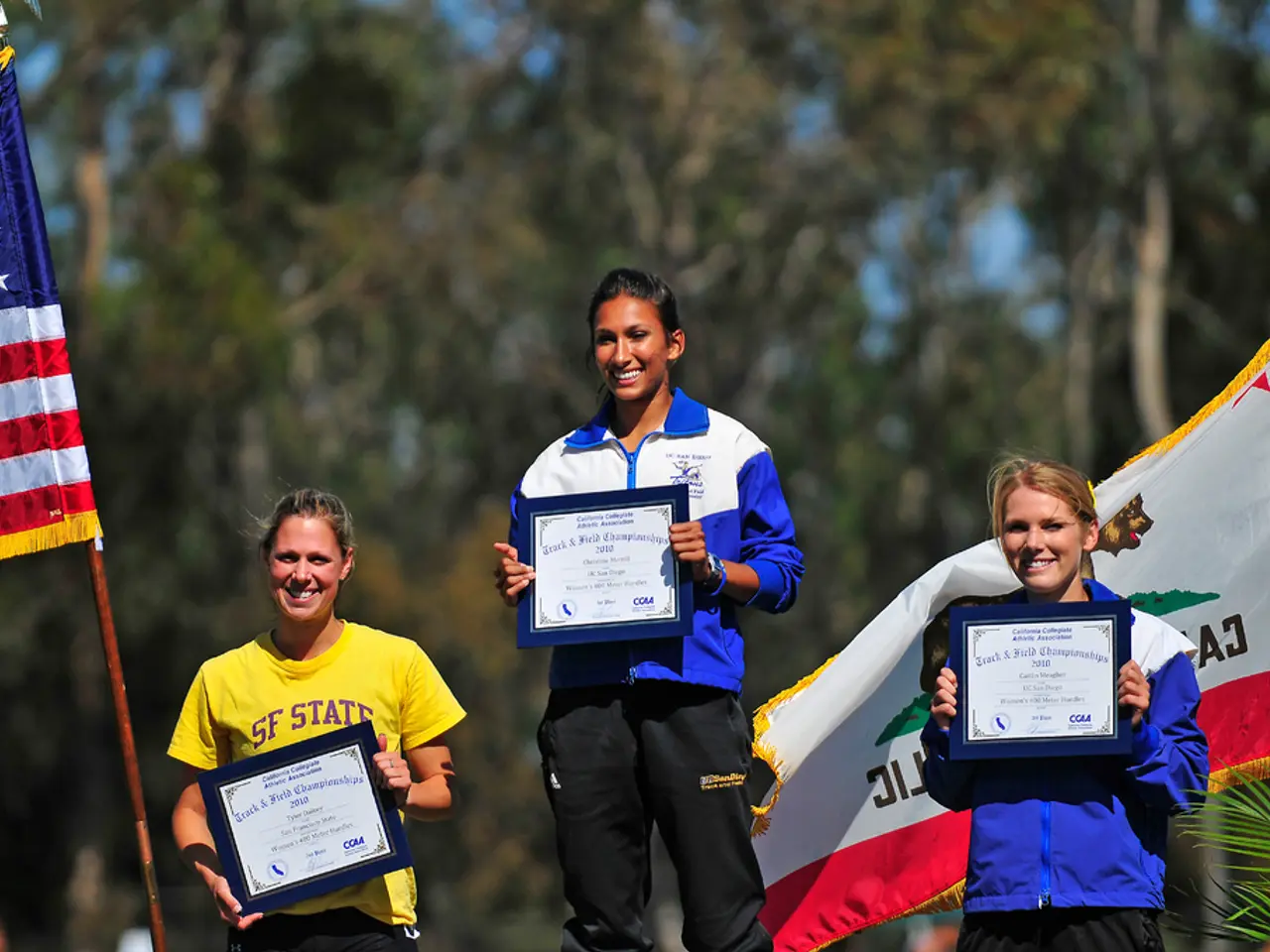Latin Resurgence: Various Methods and Language Learning Aids
In the pursuit of learning Latin, a classical language with a rich history and enduring influence, numerous resources are readily available for self-study catering to various learning styles. This article aims to highlight some of the best resources for structured courses, quality dictionaries, and engaging read-aloud materials to aid in your linguistic journey.
For beginners embarking on their Latin adventure, 'Getting Started with Latin' by William E. Linney is highly recommended. This comprehensive course book introduces Latin grammar gradually, featuring simple lessons with plenty of exercises and an answer key. One of its key advantages is the provision of free audio recordings for pronunciation practice, making it an ideal starting point for those new to the language. After mastering the basics, you can progress to 'Keep Going with Latin' to build a strong foundation before moving on to more advanced materials [1].
Another noteworthy resource is 'Lingua Latina per se Illustrata' by Hans Ørberg, which employs the *Natural Method*. This textbook teaches Latin inductively through context and stories rather than direct translation, making it excellent for developing reading comprehension and even conversational skills [3].
For those seeking online Latin-to-English dictionaries, numerous platforms are available, with some being used in AP Latin preparation programs along with digital flashcards to enhance vocabulary learning [2].
In terms of read-aloud and listening materials, the audio recordings accompanying 'Getting Started with Latin' allow beginners to hear proper pronunciation alongside the lessons [1]. For a more extensive library of Latin reading materials with native speaker audio readings, Storylabs (storylabs.online/freebies) offers a free collection of texts, online and printable activities, and games that support active engagement [4].
For those seeking controlled vocabulary reading materials, Bryce Hedstrom's compilations focus on Latin books written with limited but natural vocabulary to aid comprehension and enjoyment. These books are designed to build reading fluency and pleasure, minimizing frustration with unknown words while maintaining authentic grammar [5].
In summary, these resources collectively cover the essentials for self-study: grammar and vocabulary instruction, pronunciation practice via audio, and enjoyable reading to build fluency and comprehension. By combining these resources, learners can maximize their learning effectiveness.
While not everyone may aim to deliver the next Catilinarian Oration, some may be content with a working reading knowledge of Latin. It is essential to research and use available resources when learning a foreign language, as myths of Latin's difficulty and arcane nature often discourage learners.
For those interested in pursuing their Latin studies further, it is worth noting that resources such as the Cambridge Latin Course offer a combination of the natural method and the Grammar Translation approach [6]. Additionally, Assimil's Latin Course is another textbook that follows the living language method, specifically designed for French speakers [7].
In conclusion, the means for learning Latin, whether at an institution like Princeton or online, are abundant. By exploring and utilising these resources, learners can embark on an enriching journey into the world of Latin, one that promises to deepen their understanding of history, literature, and the roots of modern Western culture.
In the context of education-and-self-development, a junior paper titled 'Getting Started with Latin' and a senior thesis named 'Lingua Latina per se Illustrata' can serve as valuable resources for individuals on their Latin learning journey. The former offers a structured course for beginners, while the latter employs the Natural Method for a more inductive learning approach. Both resources, along with additional materials such as dictionaries, read-aloud materials, and controlled vocabulary books, can help learners build a strong foundation in this classical language.




